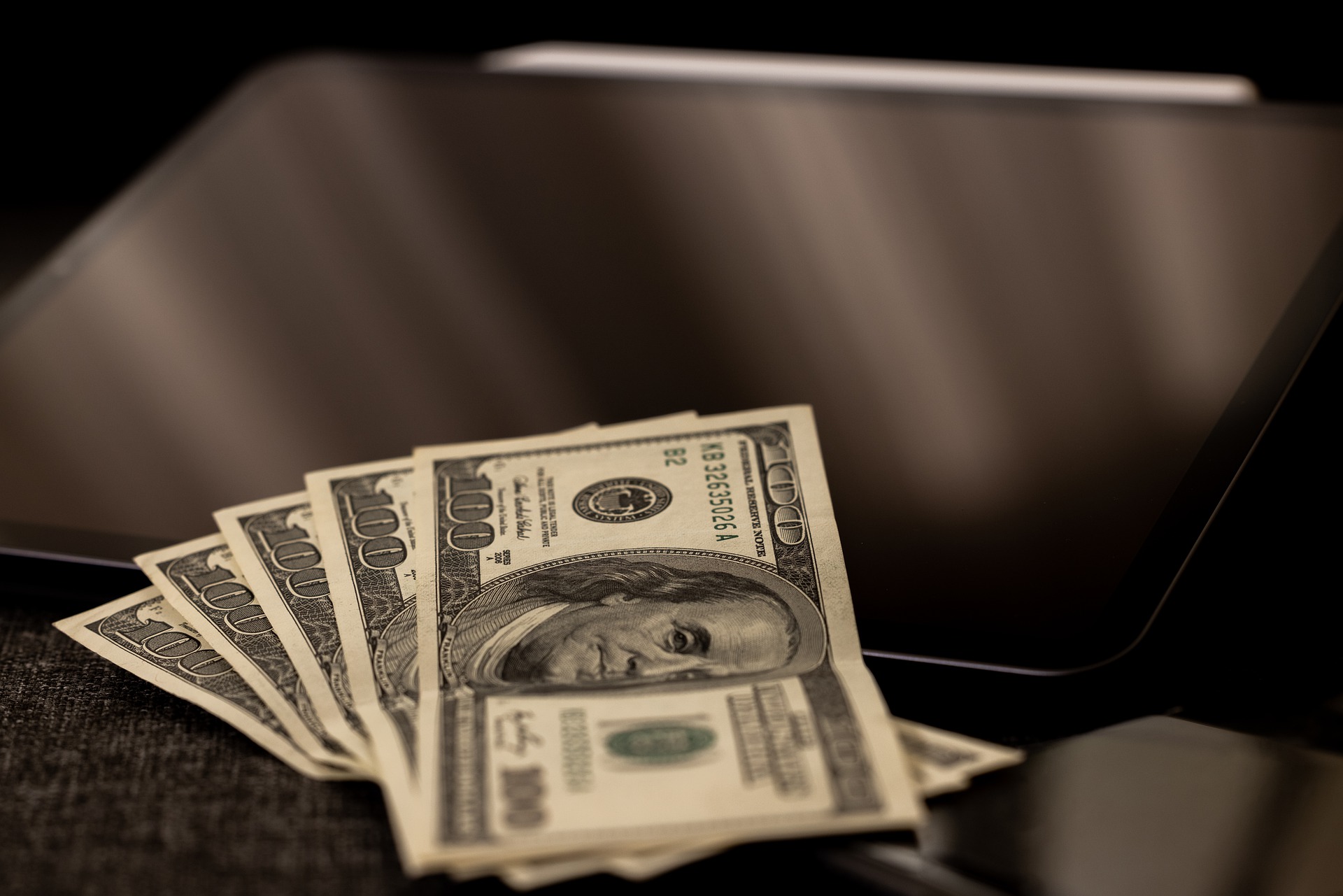
15 Feb I have saved $25K. How should I invest it?
Photo: pixabay.comQ. I have $25,000 saved up and would like to know how to invest it. I’m 68 years old and not on Social Security. I will retire in about five years with a pension of $3,700 a month.
— Investor
A. It’s great to hear you have some cash on hand.
But whether or not to invest money you have saved largely depends on several factors.
First, when may you need this money?
“As we’ve seen — especially this past month — the stock and bond markets can be very unpredictable in the short-term, but in the long-term they have historically proven to be quite predictable,” said Michael Cocco, a certified financial planner with Beacon Wealth Partners in Nutley.
For example, he said, in all rolling one-year time periods for the S&P 500 going back to 1926, the market was positive over 75% of the time.
After a five-year period, that number jumps to 88%, he said.
“So if you are someone who has a multi-year time horizon, using history as a guide, your chances of generating positive returns on your investment have been better than three in four,” he said.
Taking that timeframe out even further — to 10 years — has brought previous investors a positive market return almost 95% of the time, Cocco said.
Even though these figures are based on historical data for almost the last 100 years, it is very important to note that past performance is no guarantee of future returns, he said.
“This is the reason to always have more than enough adequate savings in a risk-free emergency fund — a bank savings account,” he said. “Sure, they may not be paying much interest at all these days, but having enough cash there for the `what-ifs’ in life will allow you to stay invested in other areas, to increase the chances of you having a positive investment experience.”
The next question is your appetite and tolerance for risk and volatility.
Cocco said all investments come with some sort of risk and volatility, so what will you do when volatility occurs? Will you get frightened and want to sell your investment? Will you be calm enough to stay the course? Or will you look to be opportunistic and invest additional funds when prices are depressed?
Asking yourself these tough questions and assigning real numbers to them is a great exercise, he said.
“For example, what if your $25,000 dropped to $20,000? This would represent a 20% bear market decline, which does happen every few years. Would you panic?” he said. “If you feel rattled a bit during this exercise using hypotheticals, imagine how you may feel when the money is actually invested.”
But, he said, if you are someone who understands that this increased level of risk and volatility is the price of admission for achieving larger returns, investing may be for you.
If you’re not sure, consider working with a financial advisor who can help based on the specifics of your situation.
Email your questions to .
This story was originally published on Feb. 15, 2022.
NJMoneyHelp.com presents certain general financial planning principles and advice, but should never be viewed as a substitute for obtaining advice from a personal professional advisor who understands your unique individual circumstances.

